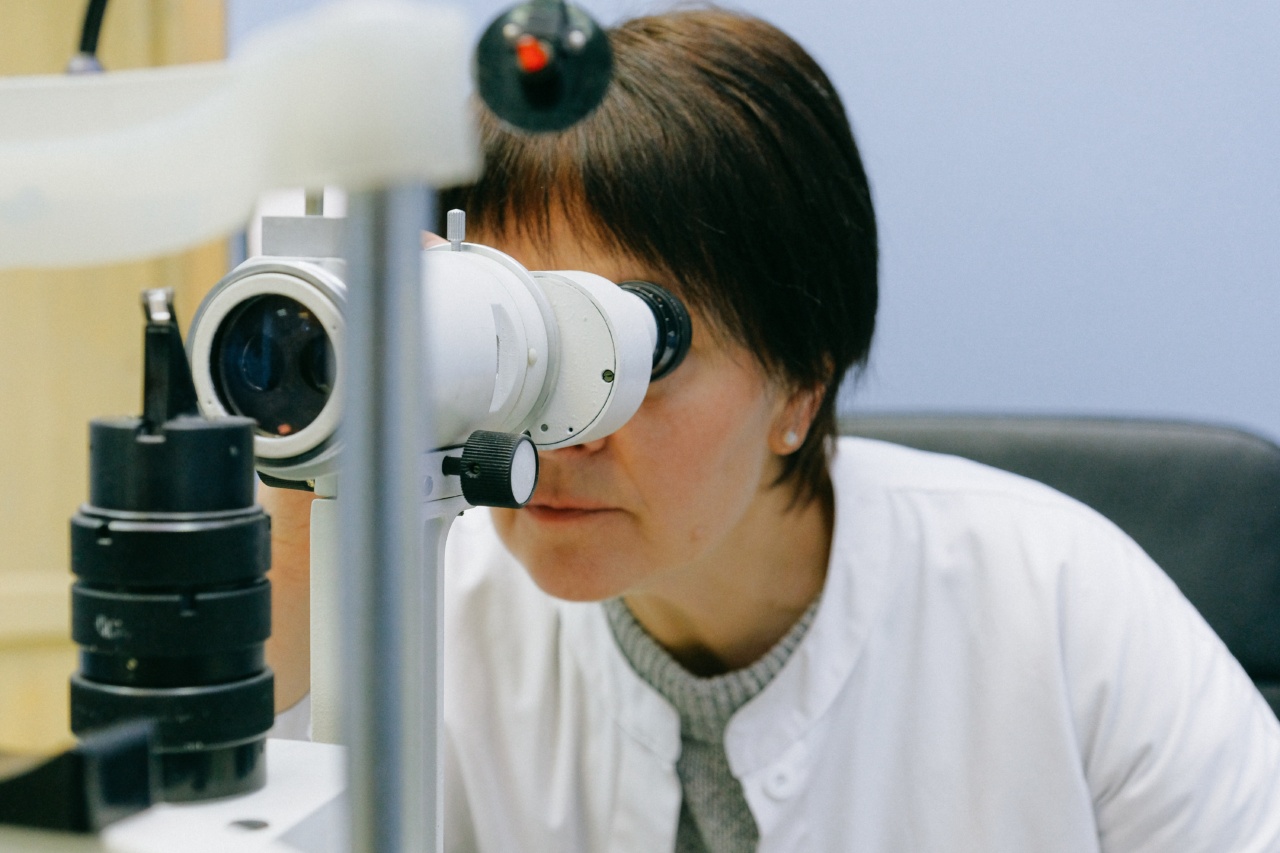Optimizing care for multifactorial pulmonary hypertension is crucial in improving patient outcomes. This condition is characterized by high blood pressure in the lungs, resulting from multiple underlying causes.
The complex nature of multifactorial pulmonary hypertension requires specialized care delivered through reference centers. These centers offer comprehensive diagnostic services, advanced treatments, and a multidisciplinary approach to address the various contributing factors.
This article explores the importance of reference centers in optimizing care for multifactorial pulmonary hypertension.
Understanding Multifactorial Pulmonary Hypertension
Multifactorial pulmonary hypertension, also known as Group 1 pulmonary hypertension, is a condition that arises from several causes.
These underlying factors can include conditions such as connective tissue disorders, congenital heart diseases, chronic lung diseases, and blood clotting disorders, among others. The combination of these factors leads to increased resistance in the pulmonary arteries, elevating blood pressure in the lungs and putting strain on the heart.
The Challenges of Diagnosis
Diagnosing multifactorial pulmonary hypertension can be challenging due to its diverse causes.
A comprehensive evaluation, including medical history, physical examination, and an array of diagnostic tests, is necessary to identify the underlying factors contributing to the condition. Pulmonary function tests, echocardiography, cardiac catheterization, and blood tests are commonly used to evaluate lung and heart function, measure pressure in the pulmonary arteries, and detect potential causes.
However, interpreting these test results and determining the precise combination of factors can be complex.
The Role of Reference Centers
Reference centers specialized in the care of multifactorial pulmonary hypertension play a vital role in optimizing patient outcomes.
These centers are equipped with state-of-the-art technologies and a team of highly skilled medical professionals with expertise in pulmonary hypertension. They provide a comprehensive and multidisciplinary approach to patient care, addressing both the pulmonary and underlying contributing factors in a coordinated manner.
Comprehensive Diagnostic Services
Reference centers offer a wide range of diagnostic services to accurately assess the various factors contributing to multifactorial pulmonary hypertension.
These services may include advanced imaging techniques, genetic testing, autoantibody profiling, and comprehensive cardiopulmonary exercise testing. A thorough evaluation at a reference center helps determine the specific causes and severity of the condition, enabling targeted treatment strategies.
Advanced Treatment Approaches
Reference centers are at the forefront of developing and implementing advanced treatment approaches for multifactorial pulmonary hypertension.
They have access to the latest pharmacological interventions, including targeted therapies, immunosuppressants, and vasodilators, which can effectively manage the condition and improve outcomes. Furthermore, reference centers offer innovative procedures such as interventional catheterization techniques, pulmonary endarterectomy, and lung transplantation when necessary.
Collaborative and Multidisciplinary Care
A collaborative and multidisciplinary approach is crucial in optimizing care for multifactorial pulmonary hypertension.
Reference centers bring together specialists from various fields, including pulmonology, cardiology, rheumatology, and genetics, among others. These experts collaborate to develop individualized treatment plans for each patient, addressing the specific underlying causes and managing the condition holistically.
Patient Education and Support
Reference centers prioritize patient education and support as essential components of care. Understanding the complex nature of multifactorial pulmonary hypertension can be overwhelming for patients and their families.
These centers offer educational resources, support groups, and counseling to help patients navigate their condition. By empowering patients with knowledge and providing emotional support, reference centers contribute to better patient outcomes and quality of life.
Research and Clinical Trials
Reference centers often engage in cutting-edge research and clinical trials focused on multifactorial pulmonary hypertension.
By participating in research studies, these centers contribute to advancements in understanding the condition, identifying new treatment options, and improving overall care. Clinical trials offer patients access to innovative therapies and interventions, expanding the range of available treatments and potentially leading to breakthrough discoveries.
Improved Patient Outcomes
Optimizing care through reference centers has shown promising results in improving patient outcomes for multifactorial pulmonary hypertension.
Studies have indicated that patients receiving care from specialized centers have better survival rates, improved functional capacity, and enhanced quality of life compared to those who receive care outside of reference centers. The expertise, comprehensive approach, and access to advanced treatments make a significant difference in managing this complex condition.
Conclusion
Multifactorial pulmonary hypertension requires specialized care provided through reference centers to optimize patient outcomes.
With their comprehensive diagnostic services, advanced treatment approaches, collaborative care models, and emphasis on patient education and support, reference centers are at the forefront of managing this complex condition. Future research and continued advancements in the field will further enhance care for individuals with multifactorial pulmonary hypertension, ultimately improving their quality of life and overall prognosis.




























